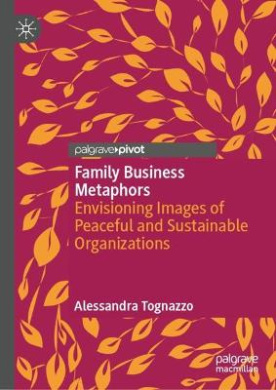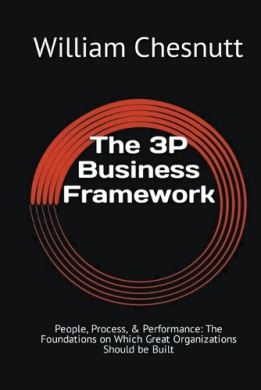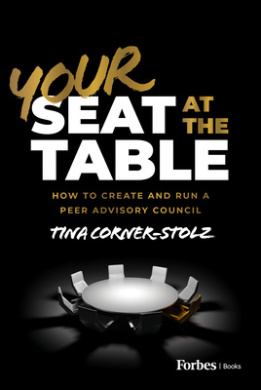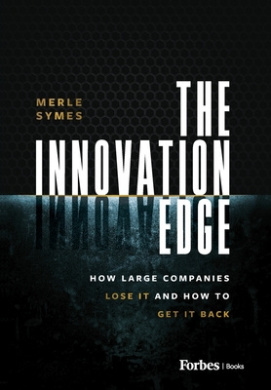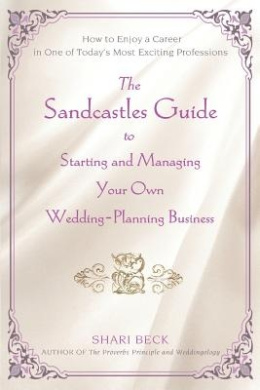Description
Chapter 1. The Role of Metaphors, Symbols, Archetypes, and Cultures Family businesses are the primordial way of social organizing. In this chapter, based on organizational literature, I will start by providing some definitions of organizational symbolism, metaphors, and archetypes and I will discuss the link with organizational culture. Metaphors and other forms of analogical reasoning are considered salient in theory construction. I will also discuss how metaphors are commonly used in business studies (war, resource, etc.). One of the semantic fields the constituents of which act as sources for metaphors in business English is also family. Possibly, business leaders took to family metaphors because the family terminology provided a safe alternative to authoritative language and class terminology when talking about labor relations. I will explore in the literature the family metaphor and how it entered into the business terminology. Chapter 2. Metaphors and Root-Metaphors in Family Business Theory In this chapter I will introduce the conceptual metaphor theory and explain more in-depth the link metaphors-thoughts-actions: I will focus on how metaphors, and in particular root-metaphors, can shape our thoughts and behaviors.I will then review the most commonly used metaphors in the family business literature according to the main different theories.I will try to provide a picture of the main root-metaphor. Root metaphors provide taken-for-granted conceptual frameworks used to understand current and new phenomena. Chapter 3. Matriarchal and Patriarchal Archetypes underlying Theory I will introduce the concept of the dualistic metaphor related to opposite archetypes of maternal and paternal pillars. While metaphors provide essential aspects of cognitive frameworks as mechanisms through which actors see and construct life, archetypes help us to articulate issues for which we do not have specific language. Archetypes underlying deep structures can be thought of as interpretive schemes of shared understandings that give meaning to experience and guide imagination. I will focus on the primordial opposites of masculinity and femininity and I will define paternal and maternal archetypical pillars and how they relate to the universal dimension of social perception of warmth and competence identified in social psychology. Using semiotic squares, I will compare the main concepts in family business theories according to the following main dimensions: leadership, organization, and context. With this framework, I will explain how maternal and paternal metaphorical concepts have deeply influenced our cognition and our view of the family and the business. In particular, I will focus on how the idea of matriarchy should not be confused with the refusal of patriarchy. Chapter 4. The Prevalence of the Patriarchal Metaphor and the Shift toward the Matriarchal Approach Why do we discriminate the “family” from the “business” realm? Even if our idea of a “professional business” contrasts with family involvement, in the last chapter of the book, I will discuss how families drive our economy: family businesses are still the prevalent way of doing business. Afterward, I will discuss how the prevalence of metaphors related to the paternal role (which is related to the business dimension) over the maternal one (the one related to the family dimension) has influenced our way of seeing and practicing our economic thought and behavior in family businesses and the related consequences. I will then review the studies on women in family firms. Matriarchal-organizations have been often an exclusive topic of historians, archeologists, and philosophers. I will try to offer a new perspective on how rebalancing maternal metaphors with the paternal ones, may change the way we conduct and perform both in our contemporary lives and in our businesses. I will explain why the centrality of the family needs to regain its importance and to be re-balanced against the one of the “professional business”. I will conclude by linking the concepts of peace, sustainability, and resilience to the maternal metaphorical pillar.
